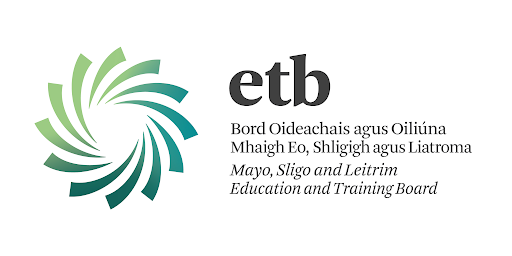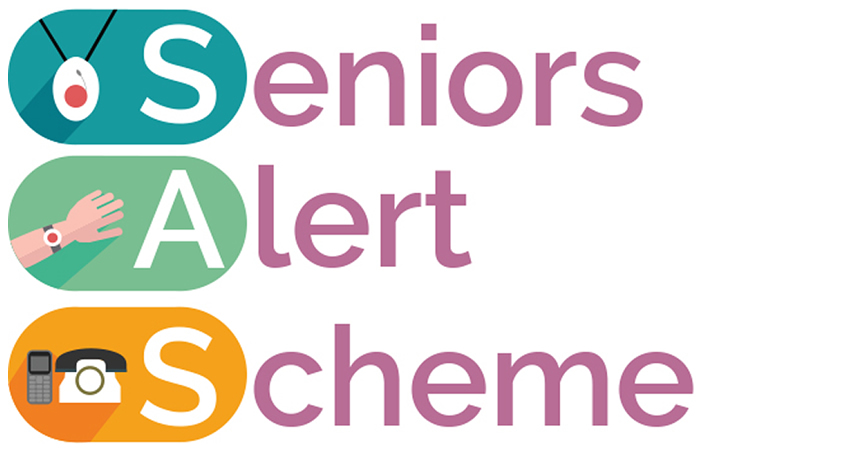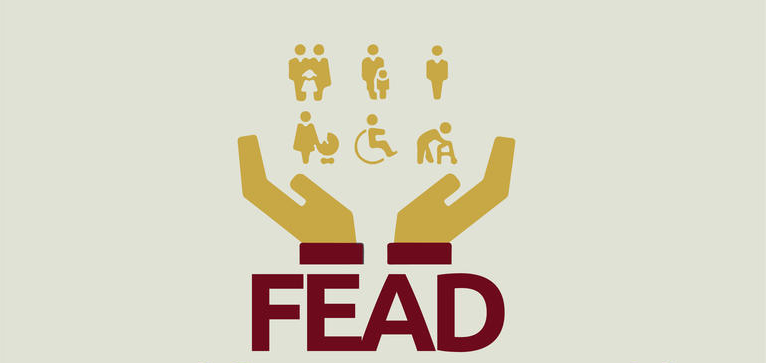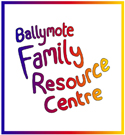Family Support Service
The aim of the Ballymote Family Support Service is to engage with children, young people and families.
FAMILY SUPPORT SERVICE
This will help address both the short term and long-term difficulties these children, young people and families may be having. This will be carried out through a needs-led and outcome-focused approach. Different agencies may be involved only if relevant to each family.
Email: fswballymotefrc@gmail.com
Parenting Programmes
Parents Plus Parenting programmes are delivered through the Family Support Service.
PARENTING PROGRAMMES
Parents Plus Parenting programs are delivered through the Family Support Service. Triple P Parenting programs are delivered by the Coordinator.
Counselling
One-to-one counselling sessions are available at the Centre.
COUNSELLING
One-to-one counselling sessions are available at the Centre. Counselling is provided by an experienced and qualified counsellor and areas covered include – Bereavement Counselling, Anxiety, Depression, Trauma, Relationship Counselling. Costs are subsidised through funding from TUSLA. Self-referrals are accepted.
If you are in need of support (Individuals, couples, families) please phone Ballymote FRC on 071 9197818.
- Counselling is available Friday during daytime hours.
- The cost is on a sliding scale and is negotiable.
Our counsellor is accredited with IACP.
Play Therapy
One-to-one play therapy sessions are available at the Centre.
PLAY THERAPY
One-to-one play therapy sessions are available at the Centre. Play Therapy is provided by an experienced and qualified play therapist and is suitable for children aged between 3 and 13. Costs are subsidised through funding from TUSLA. Self-referrals are accepted.
What is Play Therapy?
Play Therapy is a non-directive form a psychotherapy that allows a child to express themselves through the medium of play. Play is familiar and natural for children and Play Therapy incorporates different types of play and creative arts in various activities that a child can engage with to allow them to resolve any issues.
Children can often find it difficult to verbalize their feelings and emotions as they do not understand them or/and they do not have the vocabulary to define the issue. As play comes naturally to children, it is a very effective way for them to resolve any issues that they cannot comprehend/ explain. Play Therapy is designed to help alleviate any social/emotional/behavioural problems that may be preventing a child from reaching his/her full potential.
Play allows a child to feel competent and gives them control over what they want to do and create.
The Playroom
The playroom is a safe space that offers art and crafts, sand play, small world play, music, movement, puppets, stories, construction, messy play and there is also a cozy corner and tent for relaxing and creative visualization.
Who is Play Therapy for?
ANYONE!
It helps children (Teens and adults alike) to resolve issues and challenges such as:
- Emotional/ behavioural difficulties
- Bereavement & Grief
- Social anxiety
- Transitions
- Learning difficulties
- Family difficulties
- Sudden Change
- Post-Traumatic Stress
- Attachment
- Bullying
- And any other challenges that one may encounter where they need a space to express themselves without judgement or pressure.
Parental role during the Play Therapy process?
Your support is essential to the Play therapy process, here are some tips:
- Consistency is very important so please make every effort for the child to attend every Play Therapy appointment.
- Please avoid asking your child to tell you in detail about the session – they may not be able to put their play into words.
- Please don't worry about your child behaving well or tell them to be 'good.' Play Therapy is a place where they can express themselves and different behaviours and feelings can be let out and the child mustn't feel they should keep them in or not be able to show the whole of who they are.
- It's best not to suggest what your child should talk about during the session, (but if there is something you want the therapist to know tell them at another time).
- Be aware that your child's behaviour could get worse before it gets better as they may be exploring some difficult feelings. This doesn't mean the Play Therapy isn't working, but that complex suppressed emotions may be coming to the surface. Do tell the therapist if you have concerns or questions along the way as they will be able to offer advice and practical strategies to help manage a difficult time. It is often helpful to tell children; it is ok to have more than one feeling at once.
- Children should wear clothes that aren't too special to Play Therapy sessions – their feelings can sometimes get 'messy' and so can their play! Aprons and wipes will be available to protect the child's clothes but they have the option not to wear aprons also.
Confidentiality?
Any information you share with the Play Therapist in the meetings or through reports will be kept confidential, unless you say it may be shared with someone else.
Play sessions are also confidential too. This means the child can share anything they want about what they do, say or feel in sessions but the Play Therapist will not share details of what the child has played with or said, and all work created in the sessions is kept in a special box for the child to take home at the end of therapy.
the Play Therapist explains confidentiality to the child by saying everything they say/do stays in the playroom. The only exception, is the obligation to share information where there are concerns a child is being harmed or in danger. There will be review meetings to discuss how the child is getting on and to agree on a suitable end date for the play therapy. The Play Therapist can help support your family and child by referring them to other services or writing to their GP with your permission, for example asking for a referral to an occupational therapist.
Learning & Educational Courses
Healthcare, IT and Child-care courses at QQI Level 4 and 5 (Part Time) are delivered at the centre.
LEARNING & EDUCATIONAL COURSES
Healthcare, IT and Child-care courses at QQI Level 4 and 5 (Part Time) are delivered at the centre in conjunction with MSLETB. Students are supported in the application process.
The form for application for BTEI courses can be downloaded here
Adult Literacy sessions are offered at the centre and delivered by the Adult Literacy service in MSLETB.
Non accredited courses are held throughout the year, including Furniture Painting, Household Budgeting, Craft courses, Flower Arranging, Introduction to Tablets and more.

Adult Groups & Support Services
We have several wonderful groups who meet weekly at the Centre.
ADULT GROUPS & SUPPORT SERVICES
We have several wonderful groups who meet weekly at the Centre – Art Group, Crochet Group, Walking Group, Weight Watchers, AA etc. We are always interested in starting up new groups and activities and can assist groups in the preparation and submission of applications for funding. We also facilitate outreach services for adults such as from MABS, the Money Advice and Budgeting Service and the Citizens Information service.
Groups for Children
Activities and events for young people form a key part of our timetable eg: yoga, pilates and drama.
GROUPS FOR CHILDREN EG YOGA , PILATES , DRAMA & KIDS CAMPS
Activities and events for young people form a key part of our timetable. We run Easter, Summer, Halloween and Christmas kids camps where children are encouraged to develop skills and interests through active learning.
We also have a weekly drama group, kids yoga sessions and dance classes in association with Sligo Sports and Recreation Partnership.
Admin Services including Personal Alarms
Administration Services are available at the centre.
ADMIN SERVICES INC PERSONAL ALARMS
Administration Services are available at the centre including Printing, Photocopying, Laminating, Binding, Internet Access. Application for the Personal Alarms for over 65's (Pobal Scheme) are processed through the Centre.

Fead Food Packages
Food Packs containing dry and non-perishable goods are available to those in need through the Centre.
FEAD FOOD PACKAGES
Food Packs containing dry and non-perishable goods are available to those in need though the Centre. Food packs can be collected on a weekly basis. This is facilitated through the FEAD program – https://food.cloud/fead-programme/

FRC Ballymote Services
The services we provide at Ballymote Family Resource Centre are developing and adapting all the time but include:
- The provision of information, advice and support to target groups and families. Information concerning the range of services and development options available locally and advice on accessing rights and entitlements is also extended. FRCs act as a focal point for onward referrals to mainstream service providers.
- Delivering accredited and non-accredited education courses and training opportunities.
- The establishment and maintenance of new community groups to meet local needs and the delivery of services at local level (for example, childcare facilities, after-school clubs, men's groups, etc.)
- The provision of counselling and support to individuals and groups.
- The provision of play therapy to children aged from 3-12.
- Practical assistance to individuals and community groups such as access to information technology and office facilities.
- Practical assistance to existing community groups such as help with organisational structures, assistance with accessing funding or advice on how to address specific social issues.
- Supporting networking within the community.
- Contributing to Policy work.
For more information contact us


